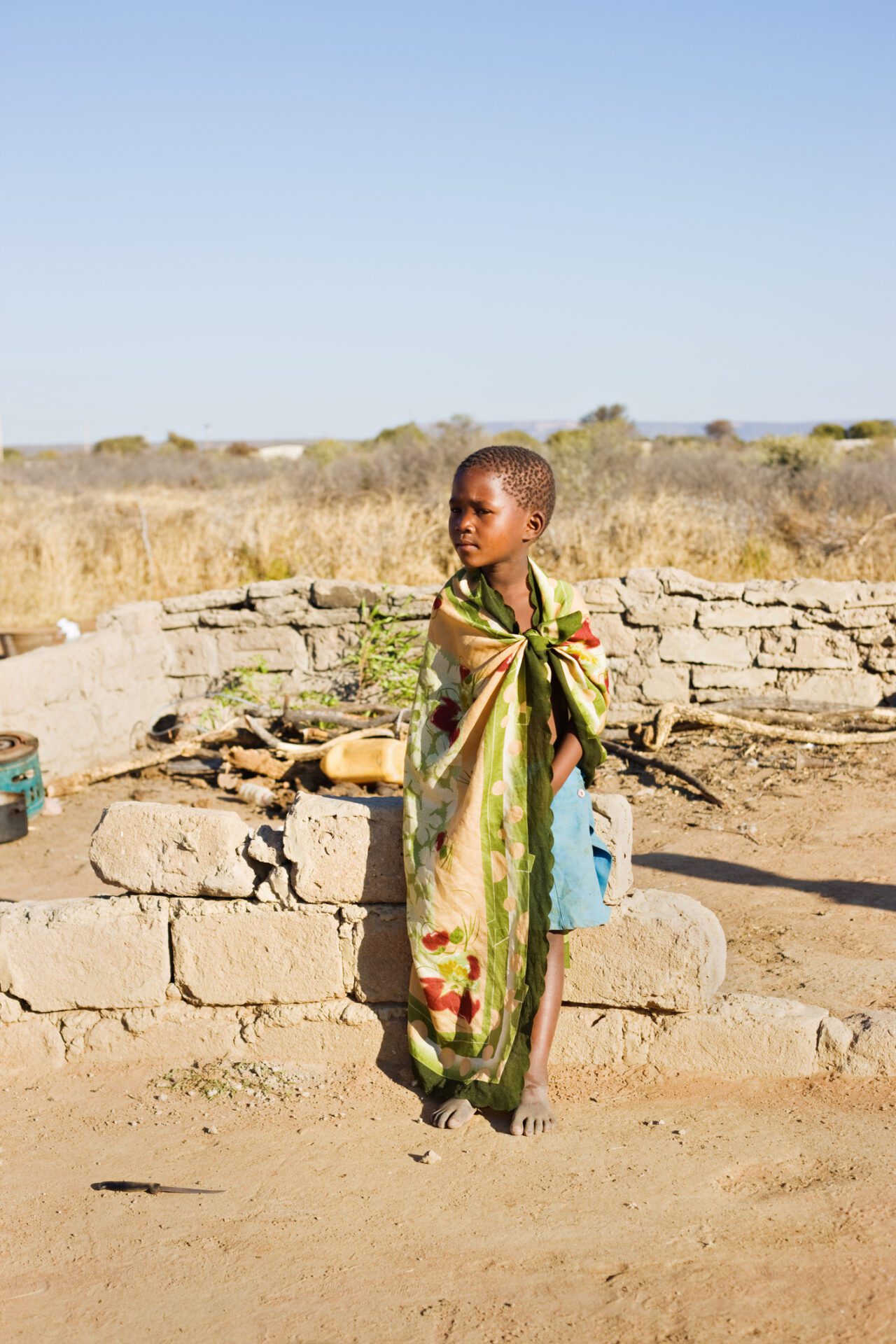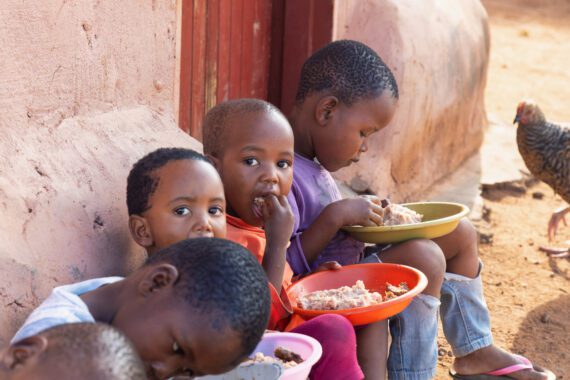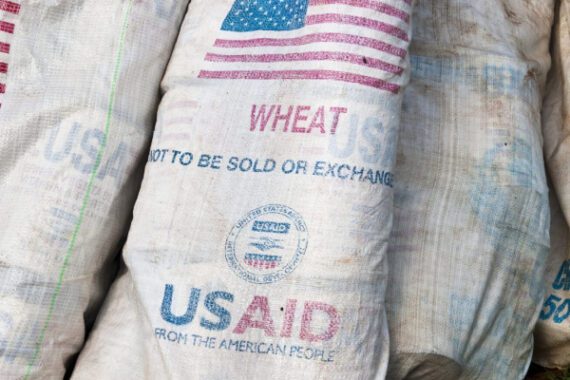By Syeda Lamia Hossain
In 2022, Bread for the World launched its Hunger Hotspots initiative with the goal of improving advocacy for the hundreds of millions of people trapped in the ongoing global hunger crisis. The Hunger Hotspots initiative explores the main causes of hunger emergencies and offers briefings that enable people in the United States to hear directly from front line workers providing emergency and development assistance. One of this year’s briefings will focus on Sudan.
The sudden outbreak of conflict in Sudan on April 15, 2023, immediately made the country’s already dire humanitarian situation worse. The hostilities started in the capital city of Khartoum, which meant that both sides—led by men who had been allies just days before—were using heavy explosive weapons in densely populated areas. Urban warfare is catastrophic for civilians.
Millions of Sudanese had already been confronting hunger and malnutrition at the time the war began. Now the numbers are far larger. Sudan is among five “countries of highest concern” in the most recent update from the World Food Programme (WFP) and the Food and Agriculture Organization (FAO), meaning that severe aggravating factors are causing the situation to deteriorate toward potential famine. The report, for the period November 2023 through April 2024, indicates that about 18 million people are living with acute food insecurity, and an estimated 3.8 million children under 5 are malnourished.
About 8 million people have been displaced since the war began. Most people have fled to camps for displaced people and refugees, while many of those who had been in Sudan as refugees from South Sudan fled the fighting to return home. Sudan’s seven neighboring countries are already struggling with hunger, malnutrition, and large numbers of refugees, so the war poses additional hardships to the entire region. Chad, Egypt, and South Sudan host the largest number of Sudanese refugees.
The number of young children suffering from life-threatening malnutrition has increased sharply in the 10 months since the war started. Doctors Without Borders (Médecins Sans Frontières–MSF, from its French acronym) is the only healthcare provider in Zamzam camp in Sudan’s North Darfur state. At least 300,000 people displaced by the fighting from surrounding communities have gathered there to escape the violence.
An MSF assessment in January 2024 found an alarming rate of acute malnutrition among children ages 6 months to 2 years –almost 40 percent. Approximately 15 percent suffered from Severe Acute Malnutrition, and about 40 percent of pregnant and breastfeeding women were malnourished. MSF warned that a devastating number of children are dying from malnutrition.
“What we are seeing in Zamzam camp is an absolutely catastrophic situation,” said Claire Nicolet, head of MSF’s emergency response in Sudan. “Our current estimate is that there are around 13 child deaths each day. Those with severe malnutrition … are at high risk of dying within three to six weeks if they do not get treatment.”
In Zamzam camp and elsewhere, women, girls, and young children are bearing the brunt of the suffering imposed on noncombatants. UN Refugee Agency (UNHCR) staff at the border between Sudan and Chad, for example, reported that an estimated 90 percent of arriving refugees are women and children. Since the war began, gender-based violence has increased significantly. Advocates for victims say that widespread gender-based violence is part of an even bigger problem—the complete breakdown of protections for civilians since the outbreak of conflict.
This is a problem that deserves more attention, especially as the world celebrated International Women’s Day on March 8, and Bread plans to revisit the topic in a later piece. This year’s theme for International Women’s Day was “Inspire Inclusion.” It emphasized recognizing and sharing with others the value of fully including, in all parts of society, women and girls from all walks of life. Marginalization based on gender is the polar opposite of inclusion. The whole world can see its devastating consequences in places like Sudan.
Urgent humanitarian aid is crucial. But WFP reported in February 2024 that it faces an alarming funding shortfall of nearly $300 million for the upcoming six months. The UN Office for the Coordination of Humanitarian Affairs (OCHA) has requested $2.7 billion to deliver essential humanitarian assistance to 14.7 million people in Sudan in 2024. As of February 23, 2024, the appeal was only 3.5 percent funded.
It was a step forward when, in February 2024, the Senate passed an emergency supplemental funding bill that would provide $9 billion for people overseas who need humanitarian assistance. But at this writing, the House has yet to approve supplemental funding, despite the reality that it is urgently needed to save millions of lives around the world.
Syeda Lamia Hossain is a global hunger fellow, Policy and Research Institute, with Bread for the World.



